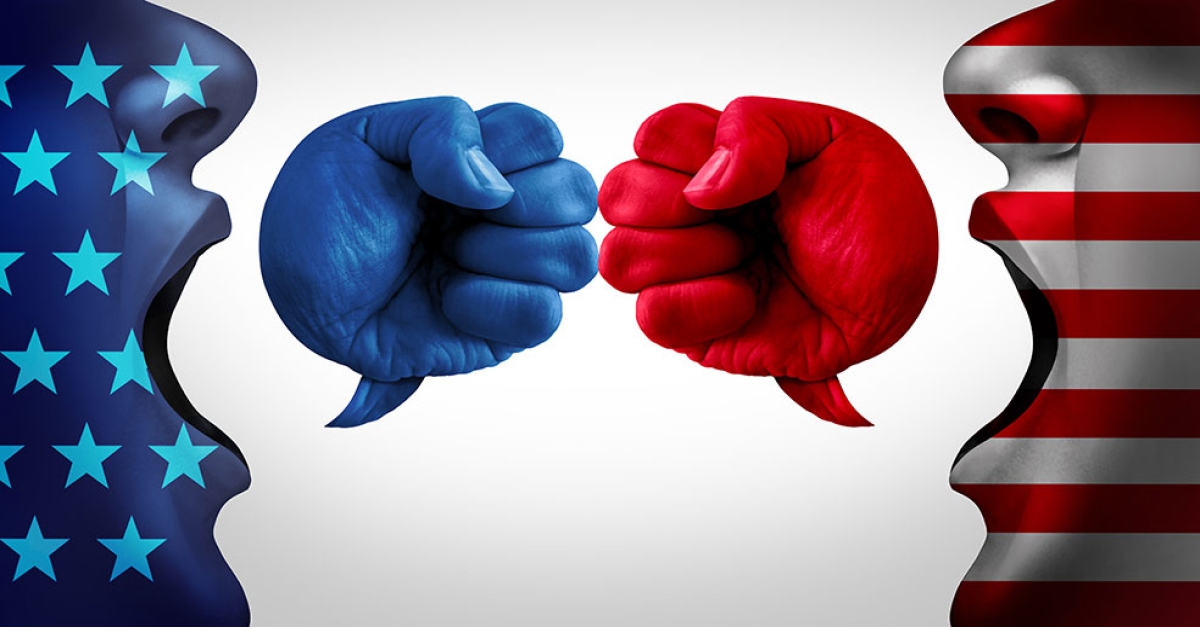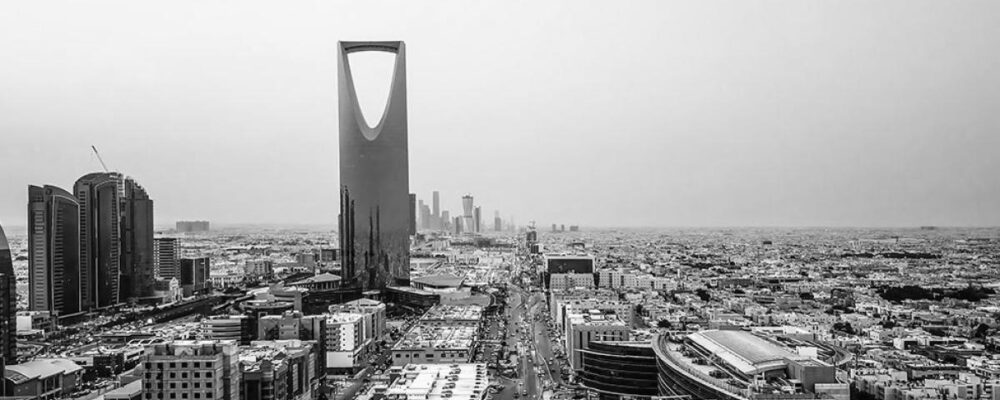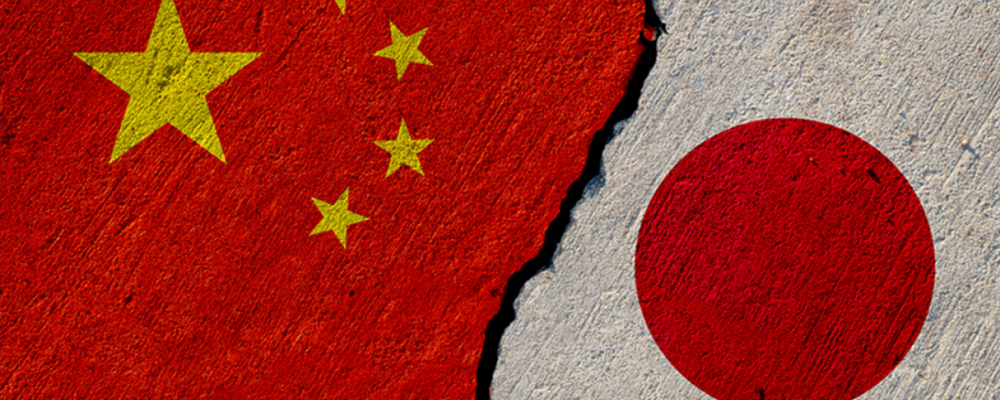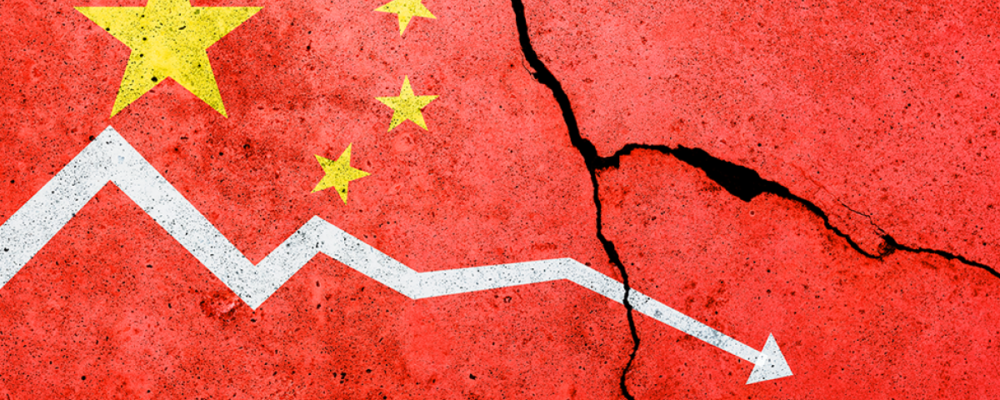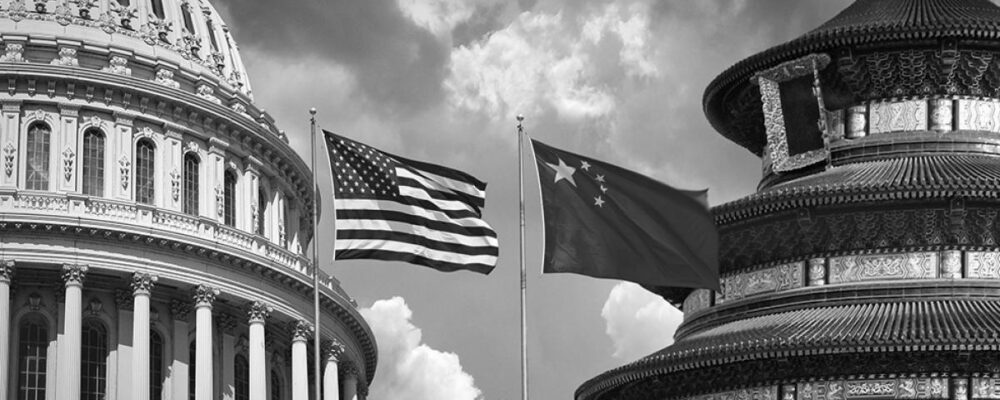We are now seeing a gradual radicalisation of extreme positions in each of the parties, rooted in identity issues.
The Republicans are increasingly attracting white, religious, rural Americans, while the Democrats appeal more to racial, sexual and gender minorities and city-dwellers. At either end of the political spectrum there is mutual abhorrence between the religious far right, who see deconstruction and “wokeness” as undermining the foundations of Western civilisation and jeopardising the social and family order, and the radical left, who condemn Christian nationalism, embodied by the “ReAwaken America” movement, and the racist and anti-freedom far right.
These irreconcilable ideological conceptions of the world destroy the balance within and between the parties as well as influencing perceptions of reality and facts. The resulting divisions are maintained, in particular, via social media, where dogmatic views, fake news, alternative truths and conspiracy theories proliferate. No effort is spared to bolster partisan opinions in each camp and keep people locked into their worldviews and beliefs, notably by using violence and outrage to manipulate emotions, with algorithms taking care of the rest by keeping people stuck inside cognitive and informational bubbles and feeding confirmation bias.
Ultimately, this internal polarisation has external reverberations, with partisans coalescing into two conflicting groups and “us versus them” thinking making each into the enemy of the other. This demonisation of the “other” ends up fuelling hysteria in public debate, with compromise becoming impossible and political inertia preventing the country’s democratic institutions from functioning properly.
The parties’ capture by their extreme wings and activist minorities also lies behind their choice of election candidates. This is especially true of Joe Biden: as well as being the political left’s centre of gravity and thus the only person able to bring together a party beset by severe internal strife, he is also close enough to the business world to be able to raise funds for a presidential campaign in a country where money remains crucial to such an endeavour. As for the outcome of the election, like their European cousins, who think Donald Trump will probably win, Americans asked about the result also say they think the former president will likely return to power. But voting intentions suggest a much tighter result, well within the margin of error, with weaknesses on both sides: many Republicans from the party’s moderate wing and some independents say they are unsure whether to vote for Trump if his current legal cases go against him, while young people on the political left and some American Muslims are reluctant to vote for President Biden because of his unconditional support for Israel.
In any event, for the American left, Trump’s return to office would imperil the future of US democracy, with a vengeful former president ready to settle scores with the justice system, in defiance of the fundamental principle of its independence, and to orchestrate a purge of the civil service. According to the Heritage Foundation, an ultra-conservative lobby from which Trump has drawn inspiration, the “Deep State” must be cleansed of all “woke” and Marxist elements that threaten the moral foundations of American society. More recently, the Wall Street Journal has referred to the desire of Trump and his advisors to revoke the Federal Reserve’s independence and sack its current chair Jerome Powell. Such aberrations would quickly lead the United States along the path to illiberalism.
Paradoxically, internal dissension and ideological conflict have not got in the way of a kind of national unity, with the American people patriotically standing together against the Chinese threat. The spectre of a combative and aggressive China endangering the security and interests of the United States is throwing the relative decline of an America consumed by internal strife into stark relief. This opposition to China is the only thing the parties still have in common, though there is no consensus as to what strategy should be adopted to curb the industrial and technological ambitions of America’s great systemic rival.
Be that as it may, the portrayal of China as America’s public enemy number one is helping unite a nation that lacks cohesion. It enables the parties, under the sway of their extreme wings, to continue to speak to a silent “centre” that will no doubt determine the outcome of the forthcoming election by setting themselves up as ramparts against the authoritarianism and communist ideology of a China bent on hegemonic war.
“Crédit Agricole Group, sometimes called La banque verte due to its historical ties to farming, is a French international banking group and the world’s largest cooperative financial institution. It is France’s second-largest bank, after BNP Paribas, as well as the third largest in Europe and tenth largest in the world.”
Please visit the firm link to site


